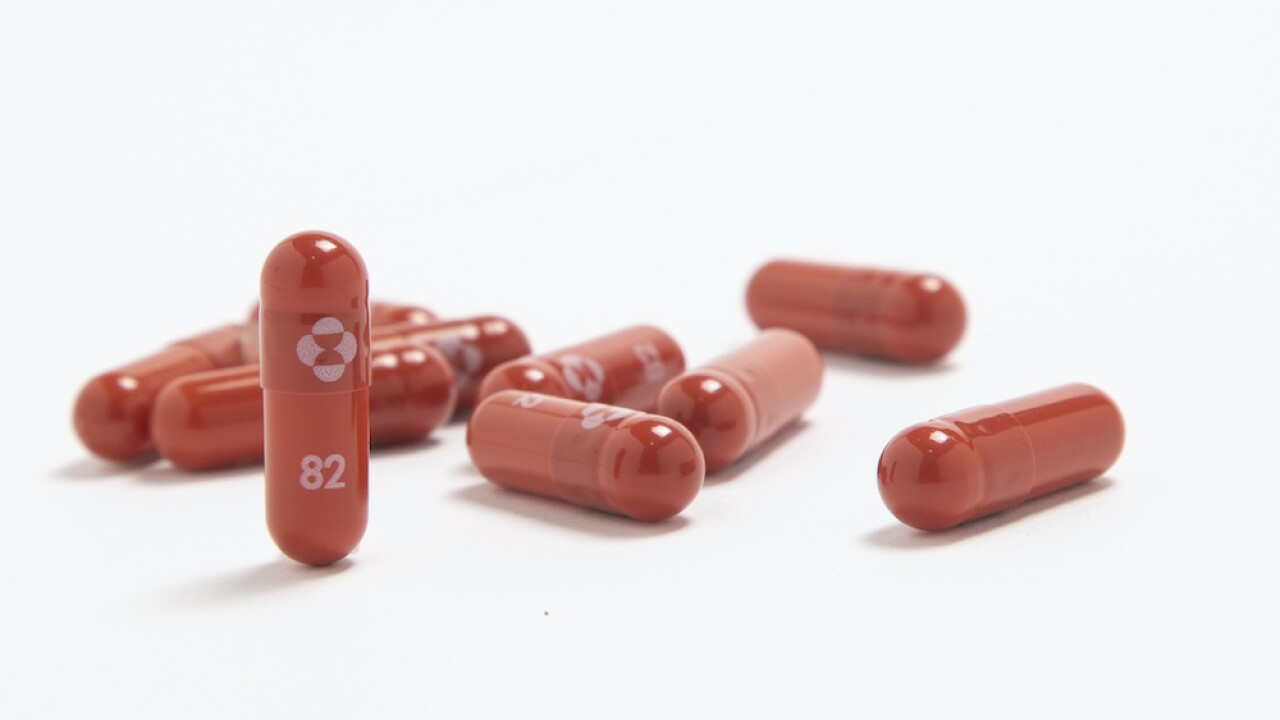Nearly a month after FDA authorization, COVID-19 antiviral treatments by Pfizer and Merck can still be difficult to find across Central Texas and the rest of the country.
The new oral treatments, Pfizer's Paxlovid and Merck's Molnupiravir, are meant to keep high-risk patients with mild COVID symptoms from developing severe symptoms.
Physicians at Baylor Scott and White in Central Texas have already began prescribing them to some patients in outpatient settings.
"It is best to get them within that first five days of symptoms," said Tresa McNeal, hospitalist physician at Baylor Scott and White Medical Center in Temple, emphasizing that they are used for patients with pre-existing conditions that put them at risk for severe illness.
Just over 500 courses of the treatments are available in McLennan and Bell Counties as of Monday afternoon. Texas DSHS points to manufacturing restraints for the slow nationwide rollout.
The state health department said the federal government allocates new supplies of the drug every two weeks to the state. Those allocations are expected to grow over the coming months.
Doctors predict that the treatments will be more widely used once availability increases.
"Assuming we are still in a surge once they are available, I can see that they will be increasingly used," said Hana El Sahly, a virology professor at Baylor College of Medicine.
In a statement to 25 News, Walgreens spokesperson Alex Brown wrote:
"COVID-19 oral antiviral inventory is limited and store locations are prioritized based on rapid and drive-thru testing capabilities, high levels of COVID-19 within the community, vaccination rates and accessibility for high risk, socially vulnerable populations."
As with all COVID-19 mitigators, the new oral treatments aren't perfect. Paxlovid, which was nearly 90% effective at keeping unvaccinated people from contracting severe symptoms, interacts with many other drugs. McNeal explained that health care providers have to take extra care when prescribing it.
Molnupiravir proved to be closer to 30 percent effective at preventing severe COVID-19 illness.
McNeal and El Sahly agreed that while the new treatments provide hope, vaccines are still the best prevention method for COVID-19-related hospitalizations.




